Trump Leaves Afghanistan and Pakistan at His Mercy
As efforts to end an 18-year conflict come to abrupt end, Islamabad is unable to forge its own path as it works to improve international relations.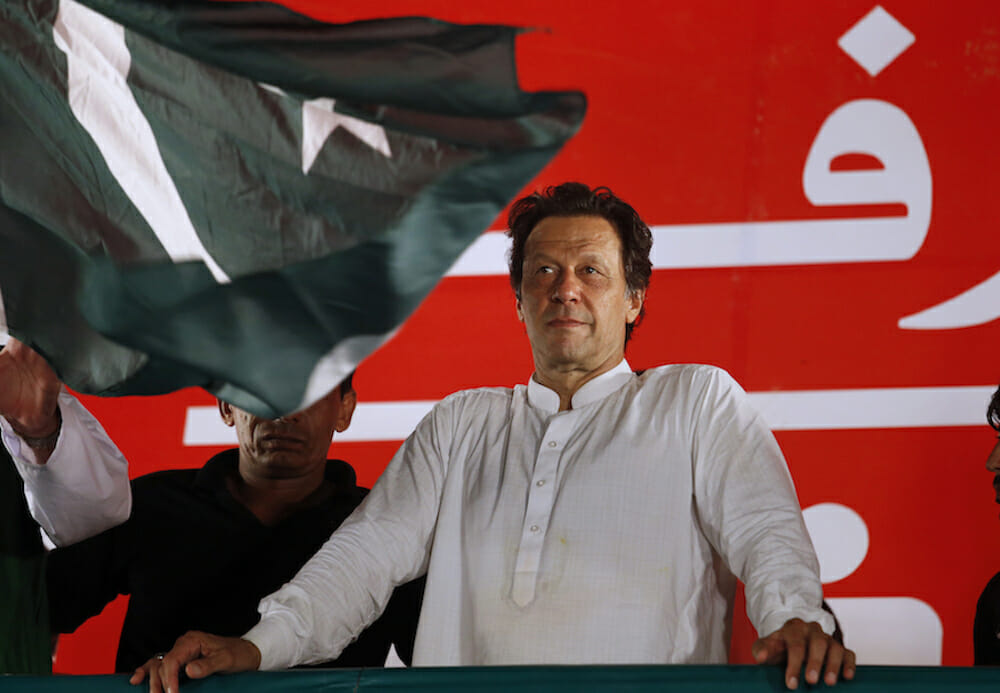 Pakistan's Prime Minister Imran Khan. (AP)
Pakistan's Prime Minister Imran Khan. (AP)
The Doha talks between the United States and the Taliban to work out a peace deal to end Afghanistan’s 18-year conflict began with a whimper a year ago. They ended Saturday with a presidential tweet from the White House that was no less than a bang that resounded around a startled world.
Having come so close to a peace deal, it was difficult to understand why President Donald Trump, and thus the U.S., backed off. True, an American soldier was killed in an attack by the Taliban last week along with a Romanian soldier and 10 Afghan civilians. But 15 U.S. soldiers have been killed since the Doha talks began, and the Taliban had yet to formally renounce violence.
Most shaken by the turn of events in the peace process were the Taliban leaders themselves and their patrons in Pakistan. It had been a Herculean task to bring the killers of 2,300 American and 45,000 Afghan soldiers and 32,000 Afghan civilians to the negotiating table. Then they had to be persuaded to agree in principle to a peace process for power sharing. Some loose ends still had to be tied up, but there was hope. Credit for this goes to the tireless shuttle diplomacy spread over nine months by the Afghan-born American diplomat, Zalmay Khalilzad. He has been strangely silent in the last two days.
The abrupt tweet had two shocks wrapped in it. First, Trump said he was set to meet with the Taliban leadership at Camp David. He was also to meet the Afghan president separately. The summit had been kept a secret and the world came to know about it only when it was called off, along with the negotiations that were expected to lead to the formal signing of a peace deal.
So it was back to square one, leaving the Taliban and Islamabad in a state of shock. The Taliban called the Trump announcement “an antipeace move” that would hurt the American interests. Because it never suspended hostilities, there is nothing to stop it from unleashing more violence. After all it was the Taliban attack in Kabul that had provoked Trump’s abrupt response.
Pakistan is the one facing a dilemma. It has to weigh the pros and cons of a situation over which it has no control. On Monday, the Pakistan Foreign Office urged the two sides to “re-engage to find a negotiated peace from the ongoing political settlement process.”
It is now an open secret that religious groups of all varieties have been used by the Pakistan spy agency and the establishment to promote their strategic and political interests. Many of them were actually the creation of the power brokers. The Taliban were organized in 1994 by Pakistani Gen. Hameed Gul, the chief of the Inter-Services Intelligence spy agency, to gain control of Afghanistan when the country was in a state of chaos after Russia’s withdrawal. The Taliban continued to be used as strategic assets by the Pakistan army that never looked with favour at an independent Afghanistan.
Many retired security officers in Pakistan have recently admitted there has been a change of heart in Pakistan vis-à-vis the militant and religious extremists. Small wonder Pakistan American pull-out from the peace process leaves Pakistan in a quandary.
Of late, Pakistan has also clamped down on the religious militants who have created trouble for the government in its relations with India, especially in the Kashmir context. Pakistani religious militants have been rather silent about the tragedy unfolding in Kashmir at the hands of the Indian army and Prime Minister Narendra Modi’s oppressive police.
If the Taliban go totally on the warpath, one cannot be sure how that will affect Pakistan’s Kashmir front.
Pakistan also is struggling with the Financial Action Task Force, an inter-governmental body set up by governments in Southeast Asia and Pacific region to keep an eye on the implementation of laws against money laundering and terror financing. It is working to determine whether it has done enough to implement the laws. If a country is placed on the blacklist, sanctions are imposed on it. Pakistan has been placed in the Gray List and is struggling to keep itself out of the blacklist.
These difficult times come just as Pakistan’s regional prospects had been looking up. But all it can do now is wonder whether the 18-year war in Afghanistan will ever end.
Your support matters…Independent journalism is under threat and overshadowed by heavily funded mainstream media.
You can help level the playing field. Become a member.
Your tax-deductible contribution keeps us digging beneath the headlines to give you thought-provoking, investigative reporting and analysis that unearths what's really happening- without compromise.
Give today to support our courageous, independent journalists.

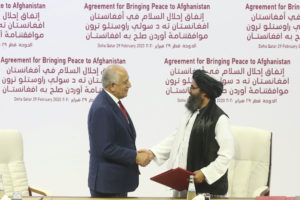
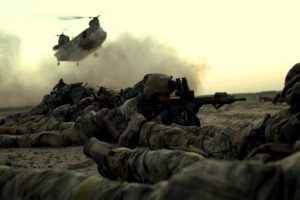
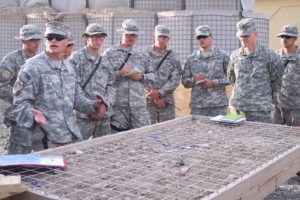
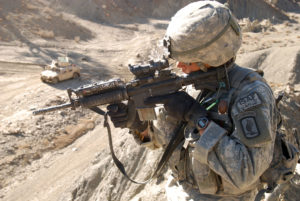
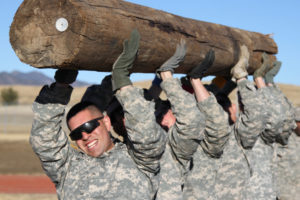
You need to be a supporter to comment.
There are currently no responses to this article.
Be the first to respond.